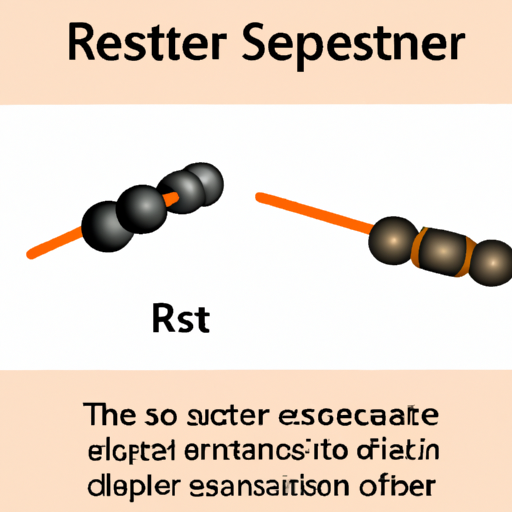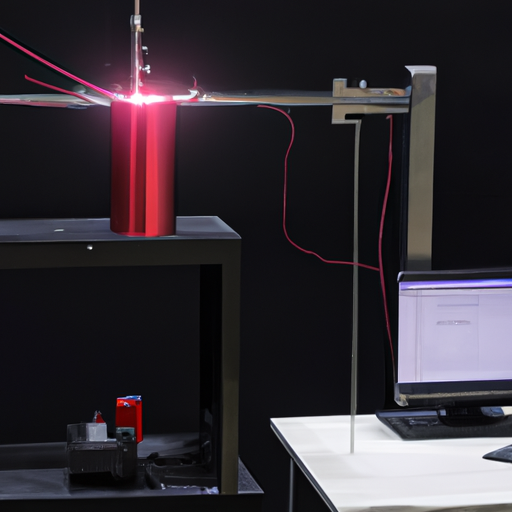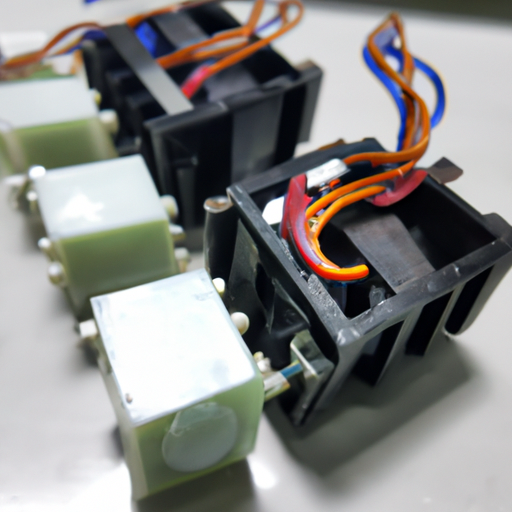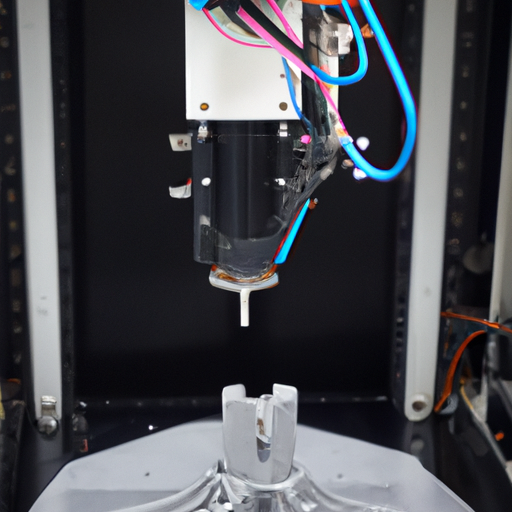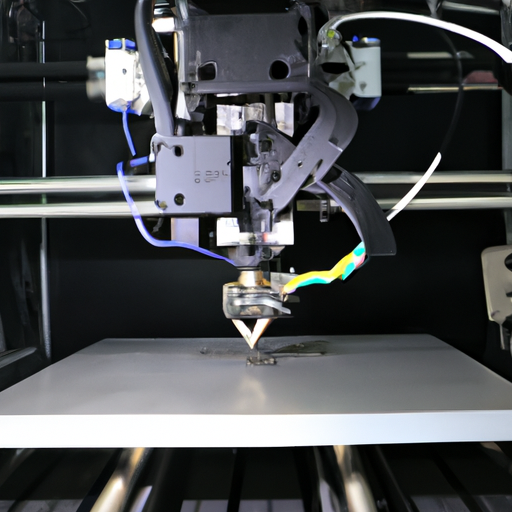What are the Advantages of Resistor Products?
I. Introduction
Resistors are fundamental components in electronic circuits, serving as passive devices that limit the flow of electric current. They play a crucial role in various applications, from simple household electronics to complex industrial machinery. This article aims to explore the numerous advantages of resistor products, highlighting their importance in modern electronics.
II. Types of Resistors
Resistors come in various types, each designed for specific applications and performance requirements. Understanding these types can help in selecting the right resistor for a given task.
A. Fixed Resistors
1. **Carbon Composition Resistors**: These resistors are made from a mixture of carbon and a binding material. They are known for their high energy absorption and are often used in applications where high pulse loads are expected.
2. **Metal Film Resistors**: These resistors offer better stability and precision than carbon composition resistors. They are made by depositing a thin layer of metal onto a ceramic substrate, making them ideal for applications requiring high accuracy.
3. **Wirewound Resistors**: Constructed by winding a metal wire around a ceramic or fiberglass core, wirewound resistors can handle high power levels and are often used in power applications.
B. Variable Resistors
1. **Potentiometers**: These are adjustable resistors that allow users to change resistance levels manually. They are commonly used in volume controls and other applications requiring variable resistance.
2. **Rheostats**: Similar to potentiometers, rheostats are used to control current. They are typically used in high-power applications where variable resistance is needed.
C. Specialty Resistors
1. **Thermistors**: These temperature-sensitive resistors change resistance with temperature variations. They are widely used in temperature sensing and control applications.
2. **Photoresistors**: Also known as light-dependent resistors (LDRs), these components change resistance based on light exposure. They are commonly used in light-sensing applications, such as automatic lighting systems.
III. Key Advantages of Resistor Products
Resistor products offer several key advantages that make them indispensable in electronic circuits.
A. Essential for Circuit Functionality
1. **Current Limiting**: Resistors are crucial for limiting the amount of current flowing through a circuit, protecting sensitive components from damage.
2. **Voltage Division**: They are also used in voltage divider circuits, allowing designers to obtain specific voltage levels needed for various components.
B. Versatility in Applications
1. **Consumer Electronics**: Resistors are found in virtually all consumer electronics, from smartphones to televisions, ensuring proper functionality and performance.
2. **Industrial Equipment**: In industrial settings, resistors are used in control systems, automation, and machinery, contributing to efficiency and safety.
3. **Automotive Systems**: Modern vehicles rely on resistors for various functions, including sensor calibration and electronic control units.
C. Stability and Reliability
1. **Temperature Coefficients**: Many resistors are designed to maintain stable resistance values across a range of temperatures, ensuring consistent performance.
2. **Long-term Performance**: High-quality resistors exhibit minimal drift over time, making them reliable for long-term applications.
D. Cost-Effectiveness
1. **Affordability of Resistor Products**: Resistors are among the most cost-effective components in electronics, making them accessible for various applications.
2. **Impact on Overall Circuit Cost**: Their low cost contributes significantly to the overall affordability of electronic devices, allowing manufacturers to keep prices competitive.
E. Availability and Variety
1. **Wide Range of Specifications**: Resistors are available in numerous specifications, including different resistance values, power ratings, and tolerances, catering to diverse needs.
2. **Global Supply Chains**: The widespread availability of resistors ensures that manufacturers can source them easily, facilitating efficient production processes.
IV. Performance Characteristics
Understanding the performance characteristics of resistors is essential for selecting the right component for specific applications.
A. Tolerance and Precision
1. **Importance of Tolerance in Applications**: Tolerance refers to the allowable deviation from the specified resistance value. In critical applications, such as medical devices, precision resistors with low tolerance are essential.
2. **Precision Resistors for Critical Applications**: High-precision resistors are designed for applications requiring exact resistance values, ensuring optimal performance.
B. Power Rating
1. **Understanding Power Dissipation**: Resistors dissipate power in the form of heat, and selecting a resistor with an appropriate power rating is crucial to prevent overheating and failure.
2. **Choosing the Right Power Rating for Applications**: Engineers must consider the expected power levels in their designs to select resistors that can handle the load without risk of damage.
C. Temperature Coefficient
1. **Impact of Temperature on Resistance**: The resistance of a resistor can change with temperature, which can affect circuit performance. Understanding this characteristic is vital for applications exposed to varying temperatures.
2. **Selecting Resistors for Temperature Stability**: Choosing resistors with low temperature coefficients ensures stable performance in temperature-sensitive applications.
V. Innovations in Resistor Technology
The field of resistor technology is continually evolving, with innovations enhancing performance and functionality.
A. Advances in Materials
1. **Conductive Polymers**: These materials offer unique properties, such as flexibility and lightweight, making them suitable for specialized applications.
2. **Nanotechnology in Resistors**: The integration of nanotechnology is leading to the development of resistors with improved performance characteristics, such as higher precision and lower power consumption.
B. Smart Resistors
1. **Integration with IoT Devices**: As the Internet of Things (IoT) expands, smart resistors are being developed to communicate and adapt to changing conditions, enhancing overall system performance.
2. **Adaptive Resistance Technologies**: These technologies allow resistors to adjust their resistance based on real-time data, improving efficiency and functionality in various applications.
VI. Environmental Considerations
As the electronics industry grows, so does the need for environmentally friendly practices.
A. Eco-Friendly Resistor Options
1. **RoHS Compliance**: Many resistor manufacturers adhere to the Restriction of Hazardous Substances (RoHS) directive, ensuring that their products are free from harmful materials.
2. **Sustainable Manufacturing Practices**: Companies are increasingly adopting sustainable practices in the production of resistors, reducing their environmental impact.
B. Recycling and Disposal
1. **Importance of Proper Disposal**: Proper disposal of electronic components, including resistors, is crucial to prevent environmental contamination.
2. **Recycling Programs for Electronic Components**: Many manufacturers and organizations offer recycling programs to ensure that electronic waste is handled responsibly.
VII. Conclusion
In summary, resistor products are essential components in electronic circuits, offering numerous advantages such as functionality, versatility, stability, cost-effectiveness, and availability. As technology continues to advance, the importance of resistors will only grow, with innovations paving the way for smarter and more efficient designs. Understanding the advantages of resistors is crucial for engineers and designers, ensuring that they can make informed decisions in their projects.
VIII. References
A comprehensive list of academic journals, industry reports, and manufacturer specifications can provide further insights into the advantages and applications of resistor products. These resources are invaluable for anyone looking to deepen their understanding of this critical component in electronics.

